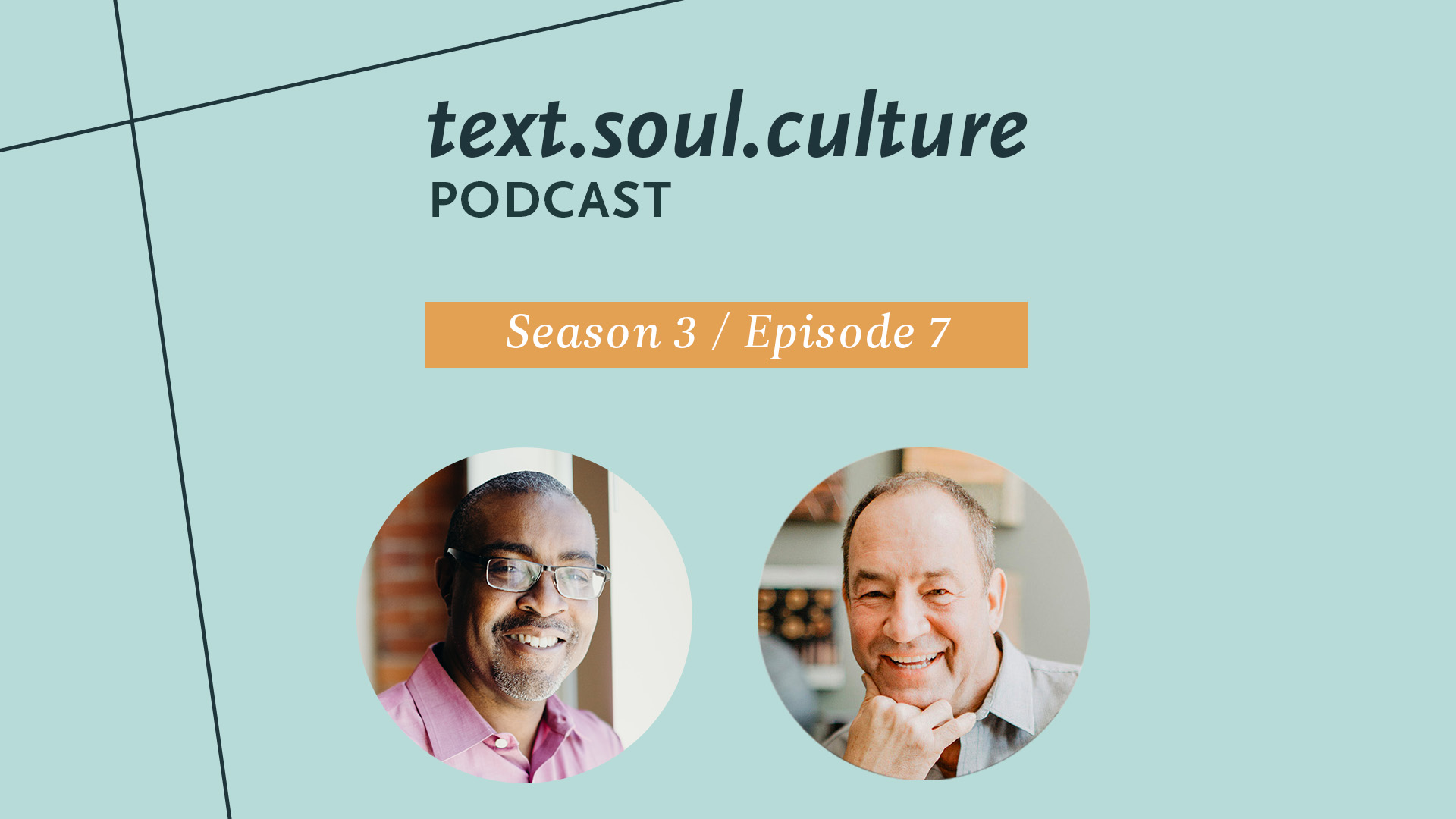On this episode of text.soul.culture, Dr. J. Derek McNeil, Acting President and Provost, talks with Dr. Roy Barsness, Professor of Counseling Psychology, about his experience as a therapist and what has led to his development of a unique, relationally focused modality of psychodynamic therapy.
When Dr. Barsness first began practicing, he was eager to try all of the newest methodology he had been learning in school. However, his very first patient surprised him when she asked him to put all his tools away and just listen to her story.
Dr. Barsness: “This isn’t about doing something to someone, it’s not about applying, it’s really about presence.”
This therapeutic orientation of presence with another person and allowing space for interaction is central to the Christian worldview. “The Christian story is a story that’s lived in relationship and in the now. It’s an embodied theology and not a theology of just my own salvation.”
Dr. Barsness acknowledges the difficulty of pinning down the effectiveness of a methodology based on relationships: “That is the hardest leap, to say, ‘Can I really say what I think is going on?’ The reason it’s been hard is because we’ve set up the therapist as the expert, so that what I say has to have a truth to it. Whereas what I’m saying is, we say what we say, and it’s then surrendered into what I call the potential space of ‘we’, for the patient and the therapist to work it. Rather than landing it, like ‘This is what it is’.”
This “potential space of we” is one of the guiding principles of Dr. Barsness’ work. It is essential for the therapist to bring their full self to the relationship
Dr. Barsness: “One of the things I’ve discovered is how scared people are to be who they are. Consequently, there are all these defense mechanisms and all these issues of shame and all these hidden ways of being.”
Resources to Go Deeper
- Apply to our Relationally Focused Psychodynamic Therapy Certificate, a post-graduate practice-focused, experiential training program developed by Dr. Barsness.
- Dr. Barsness’ book, Core Competencies of Relational Psychoanalysis: A Guide to Practice, Study, and Research, is essential reading for anyone studying to become a therapist.


